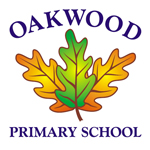Reading and Phonics at Oakwood
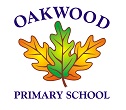
At Oakwood Primary School, we believe that an enriched English Curriculum supported by themes and inspiring high-quality texts, will develop children’s love for reading; enthuse their writing and with deliberate exposure to a wide range of vocabulary, will give children the confidence to express their ideas and opinions appropriately through purposeful talk and writing expressions; skills that are essential for life.
Reading is central to our ability to understand, interpret and communicate with each other and the world around us. Success in reading has a direct effect upon progress in all areas of the curriculum, therefore reading is given a high priority at Oakwood Primary School. This enables the children to become enthusiastic, independent and reflective readers across a wide range and types of literature, including different text types and genres.
Aims
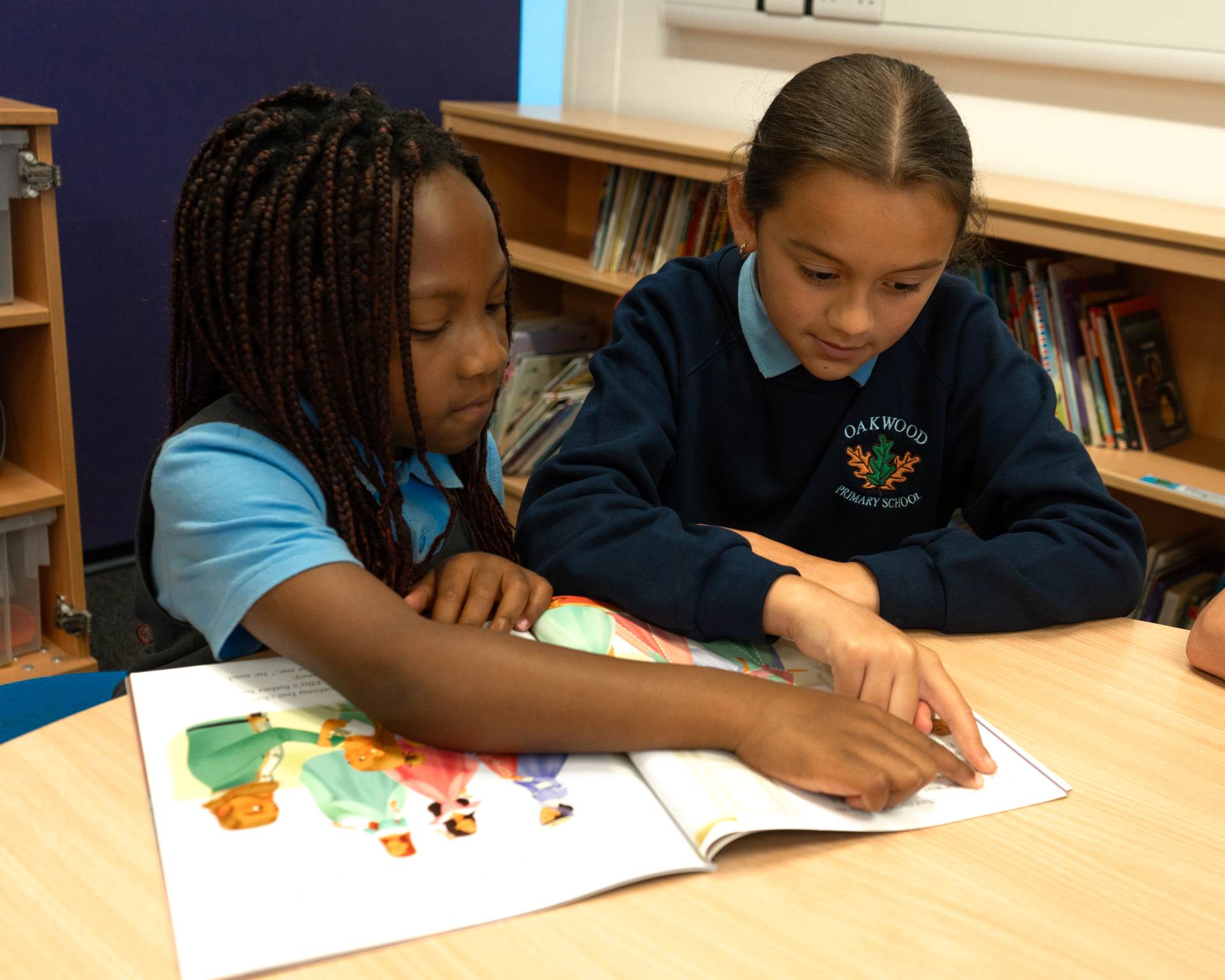
We aim to nurture a love of reading where children feel motivated to read for pleasure, as well as for information across a range of genres.
In order to do this, we aim to:
- Develop pupils’ phonic knowledge which they can apply when reading to decode words with accuracy.
- Develop an interest in words and their meanings, developing a rich and varied vocabulary allowing them to acquire a wide vocabulary, throughout all curriculum areas.
- Help children to acquire an understanding of grammar and knowledge of linguistic conventions for reading.
- Provide opportunities for pupils to appreciate our rich and varied literary heritage.
- Provide opportunities for pupils to understand and respond to literature drawn from a range of cultures and literary heritage.
- Provide opportunities for pupils to read and respond to a wide range of different types of literature.
- Provide opportunities for pupils to understand the layout and how to use different genres and text type.
- To foster the confidence, desire and ability to express their view and opinions orally.
- To provide all children with a rich and varied reading journey by linking high-quality text to the wider curriculum.
The Curriculum

The Federation endeavours to foster a strong culture of reading. In EYFS and KS1 children read to an adult regularly – regular volunteers visit the school to aid with this. In KS2, children are given opportunities to develop their reading skills on a regular basis through our whole class reading sessions, and some children are heard by an adult on a more regular basis according to need and ability.
Class novel time is prioritised within the school day. Stories are read to the children daily in all classes. This includes longer texts in KS2 and picture books/shorter novels in EYFS/KS1. Children are signposted to reading so that they are aware of and can make informed choices.
Phonics learning takes place daily in EYFS/KS1 and is supported by closely matched reading books which are sent home. The school follows the Little Wandle scheme.
For those pupils who enter Key Stage 2 non-fluent, they continue to take part in phonic sessions four times a week to continue their reading progress.
Group Reading takes place in KS1 and Whole Class Reading sessions take place three times a week in KS2. These sessions allow children to learn and apply the skills needed to interpret texts. The EEF ‘Developing Literacy in KS1/2’ guidance has informed the teaching of whole class reading. The school has adopted the VIPERS model to share this with children and this is done using recommended age-appropriate texts. These sessions involve a focus on vocabulary, reading for meaning and fluency.
The school works closely with parents and carers to provide a consistent and sustained approach to reading, including a reading meeting, reading diaries and an open-door policy with class teachers.
Reading in the Foundation Stage and Key Stage 1

Across both settings, we teach phonics through ‘Little Wandle Revised Letters and Sounds’, which a systematic and synthetic phonics program. We start teaching phonics in reception following Little Wandle revised program, which ensures children build on their growing knowledge of the alphabetic code mastering phonics to read and spell as they go through the school. At times, adaptations are made to meet the needs of the children.
We use assessment to identify gaps in children’s knowledge and provide keep up sessions for children who need additional practise. At Oakwood we also model the application of alphabetic code through shared reading and writing, both inside and outside of the phonics lesson and across the curriculum.
We have a strong focus on language development because we know that speaking and listening are crucial in all subjects. The EEF (support the vital development of language skills, ‘develop pupils speaking and listening skills and the wider understanding of language. A focus on developing oral language skills is important for the development of a range of reading and writing skills in this age group.’ EEF, Developing Literacy in key stage 1, 2021. Therefore, at Oakwood we value reading as an invaluable life skill.
Oakwood deliver daily reading taught through the use of ‘Fab 5’ in Reception and Year 1 – this approach allows all children to practise fluency, oracy, retrieval and the exploration of vocabulary. As part of this approach, we ensure that these high-quality texts reflect cultural diversity, poetry, fiction and non-fiction and traditional tales. Staff also deliver ‘Storytime’ at the end of each day and this a time for children to enjoy listening to a story for pleasure.
Children across Foundation and Key Stage 1 have regular opportunities to be heard read by an adult. This may be a member of staff within school or a volunteer.
Reception also have a Reading Cafe once a week where parents are invited in to class to read with their child and learn top tips.
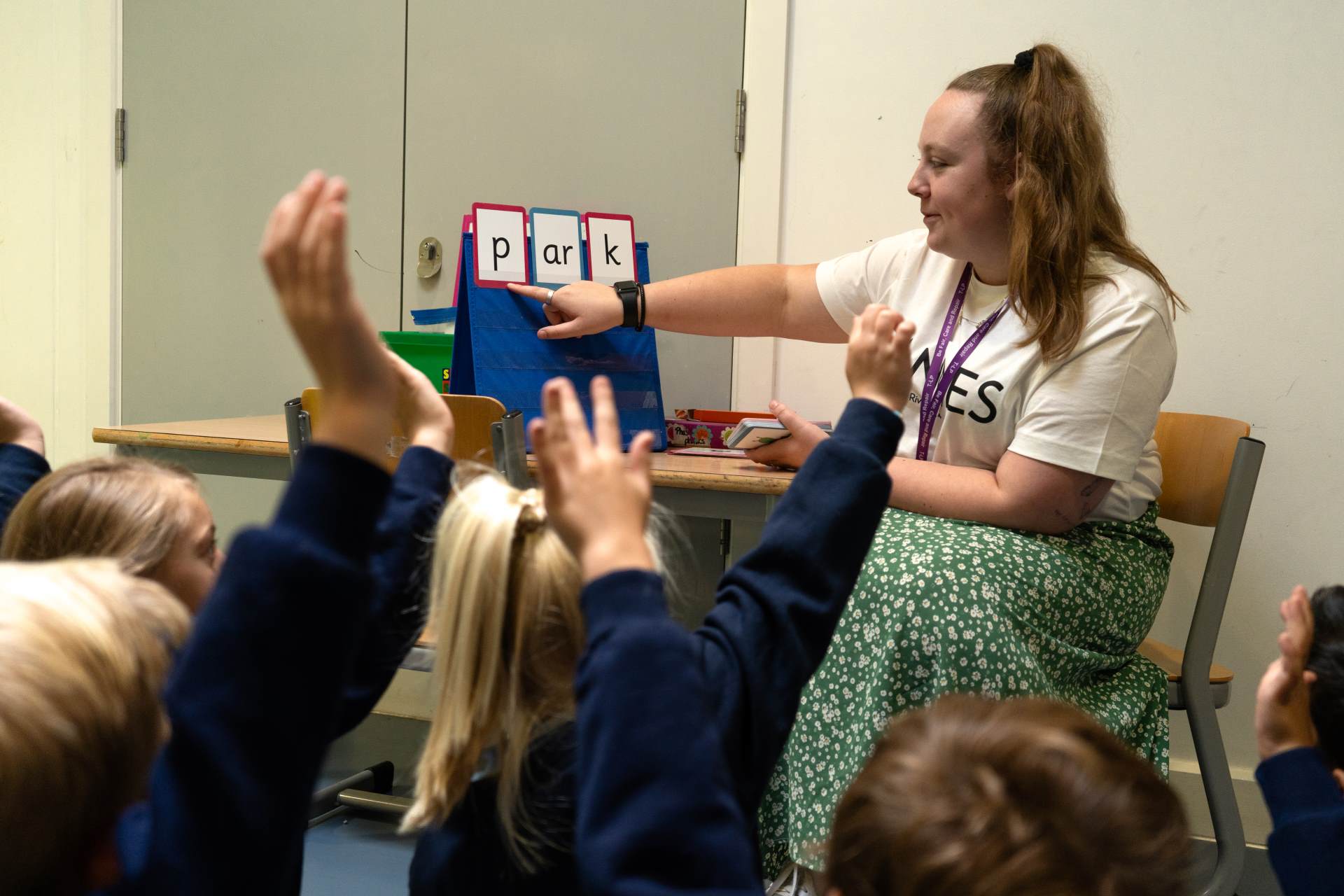
Reading in Key Stage 2

Whole Class Reading
In Key Stage 2, ‘The Gradual Release Model’, also referred to as Whole Class Reading, aims to systematically develop fluency and extend comprehension and vocabulary, through curriculum exposure to a wide variety of high-quality texts and extracts exploring the reading domains. This structured approach, adopted from ‘Leo Academy Trust’ in London, gives weekly opportunities to: explore the meaning of words and develop vocabulary in context; choral and echo read, in each session, to develop fluency and observe structured modelling to develop strategies, by the class teacher.
Gradually, over the three sessions, pupils will independently demonstrate, their understanding, through carefully composed questioning replicating the modelling observed. This is supported by the research by the EEF ‘Improving Literacy in Key stage one and two’ document, which highly suggests to: ‘teach pupils to use strategies for developing and monitoring their reading comprehension through modelling and supported practice; support pupils to develop fluent reading capabilities’.
Three sessions are timetabled into the weekly overview. One specific reading skill will be addressed over a week and as the year progresses, multiple skills could be covered. Over a half term, with reference to the National curriculum reading coverage and progression of skills document, a variety of genres will be explored through carefully chosen texts, which are appropriately linked to develop the specific reading skill. The main genres are fiction, non-fiction and poetry.
Over a term, it is expected that pupils would have had different reading experiences, covering different text types e.g. narratives, letters (formal and informal), non-chronological reports, instructions, newspaper articles and diagrams to name a few.
Fluency
Fluency comprises of three components, automaticity, accuracy and prosody. Once the components are secure, pupils will naturally begin to understand what they read and discuss what they understand. It is crucial that pupils of any age read regularly to practise the act of reading to familiarise themselves with what they already know and extend this knowledge to new words, with the use of the phonetic code. In key stage one, pupils have the opportunity to read to practise the new phonetic sound in words developing the recognition of the sounds within sentences. This is part of the Little Wandle Revised Letters and Sounds SSP.
Within the Gradual Release Model, the opportunity to develop fluency occurs at the beginning of each session. Carefully paired pupils (for a half term) will share the text and coach on how it is read, supporting the observation of automaticity and accuracy, as well as punctuation.
The ‘6ps of fluency’ have been introduced and are identified, modelled and explained during Whole Class Reading. The 6ps of fluency support the teaching of fluency across both schools.
Texts
Texts can be obtained from a range of sources and the texts depends on the reading skills being developed or extended. Texts can take the form of extracts or age-appropriately texts which provide challenge in vocabulary and stamina (length). Literacy Shed + is an online resource with a wealth of full texts, which can support the development of each skills covering the VIPERS. Short extracts from books, to focus on specific skills of gathering evidence, can be used and these can be shorter appropriate texts.
Pupils are required to record their responses and will be asked to respond in different ways; pupils could be asked to tick or circle, provide a word, use short or longer sentences, match the answers or order events. Where pupils are supported in responding, to show understanding (with adapted sheet: with stems, short answer questions or ticking the book) these will be secured in the green book.
Vipers
As part of teaching reading, we use VIPERS as outlined below. These develop the different areas of reading and are used as part of our gradual release model and also as part of questioning in 1-to-1 reading.
V - Vocabulary
I - Infer
P - Predict
E - Explain
R - Retrieve
S -Summarise
Interventions
For those pupils who enter Key Stage 2 non-fluent, it is vital that phonic teaching continues and these pupils should take part in regular phonic intervention groups daily with regularly assessment to review progress.
‘KS2 students reading below 8 will need support from an SSP. EEF believe that a well-implemented SSP is the only way forward to teach children to read. Be sure of what pupils need to bridge the gap to maintain progress in the development of reading gathering knowledge, vocabulary and understanding, through regular timely assessments.’
The Reading Framework, DfE, July 2023
Year 6 pupils, who need additional support with reading, prior to the end of key stage 2 assessment, will have an opportunity to received extra teaching in preparation for the assessment. This will take the form of internal intervention support lead by a experienced member of staff and SATS club after school.
Reading Scheme - Oxford Reading Tree
Once pupils have mastered the alphabetic code, through an effective SSP, pupils will continue their journey and begin to deploy their acquired and developing skills throughout the school’s reading scheme.
Curriculum Novel
Class novels are carefully chosen; they are good quality age appropriate texts chosen for the purpose of the Talk for Writing unit being taught that term. It will be a text which has been specifically chosen for these reasons and that they will cover the key reading skills documented in the National Curriculum for the specific year group. Pupils will engage in a curriculum, that will explore a range of texts types e.g. science-fiction, fantasy, adventure, historical, mythical and traditional texts. These texts will give purposeful opportunities for pupils to write inspiring ideas motivating pupils to generate and create their own pieces of writing from what they have read linking reading and writing instinctively.
Class Novel
Class novels are mapped out across the school to provide a broad and balanced range of texts. This allows children to enjoy traditional stories; modern and classic authors and stories from a range of settings and cultures. This is a time for a book to be enjoyed by the class and for the class teacher to model reading aloud on a daily basis.
Book Club
On a weekly basis, the class teacher runs Book Club within their classroom. This involves the teacher selecting a book which they feel may interest the children. Then reading part or whole of a text, followed by a discussion with the children and encouraging them to discuss their thoughts, feelings and opinions about it, in order to make an informed decision about whether they would wish to read the remainder of the text, or books by the same author. The purpose of this session, is to continue to develop the pleasure of reading.
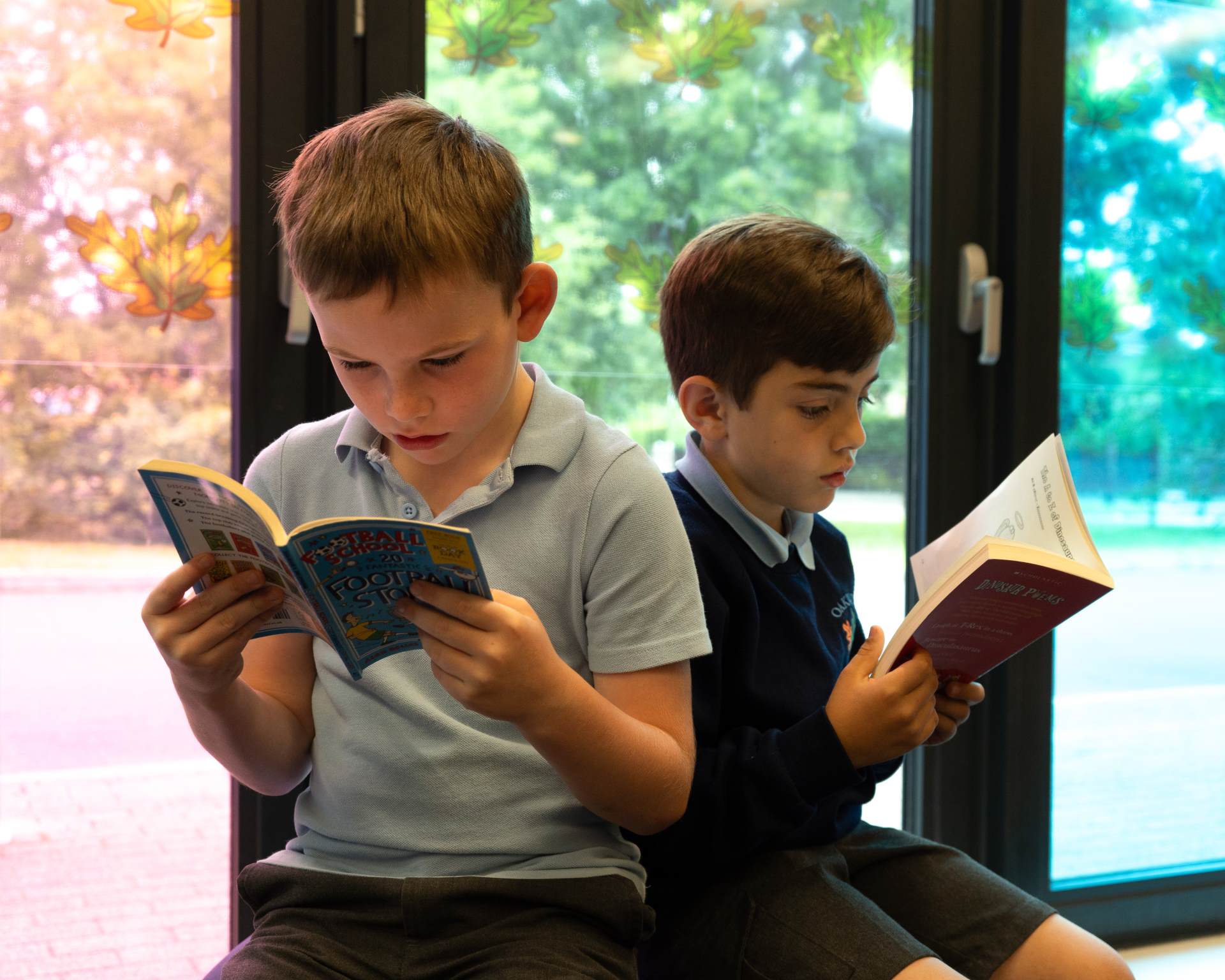
Talk For Writing

Children foster a love of reading through our Talk for Writing process as it enables them to deeply engage with a variety of texts, both fiction and non-fiction. Children are able to interrogate the text and develop skills of retrieval, deduction and inferential thinking.
Book corners

Across both sites, our book corners are inviting and signpost a range of texts for the children to select and enjoy. The texts within our book corners are carefully considered (with reference to the DfE Reading Framework, Section 8, 2023) to ensure a range of different genres and texts types are available for the children to choose. We have books which have themes based around inclusion and we are conscious to ensure texts which are selected within our classrooms, by class teachers, reflect this.
Book recommendations
We post book recommendations on the school newsletter and also signpost children to recomended reads in class.
Volunteers
To support our intent for reading, we have external agencies, who have had basic training, to help support our pupils in their reading journey.
We have volunteers from:
- - Read with Me
- - Long standing community reading volunteers
World Book Day
This annual event is celebrated each year to mark the importance of reading and the impact that it has on our lives. Activities which can bring the day to life could be: special assemblies; a performance; buddy reading; dressing -up; book related activities; and interviews with well-known authors, all add to the day raising the profile of reading. Parents are invited into school to share their love of reading whether this is sharing of books across different cultures or simply reading for pleasure. Each pupil, will take home a world book day voucher to be exchanged at local book store for a FREE book to own.
